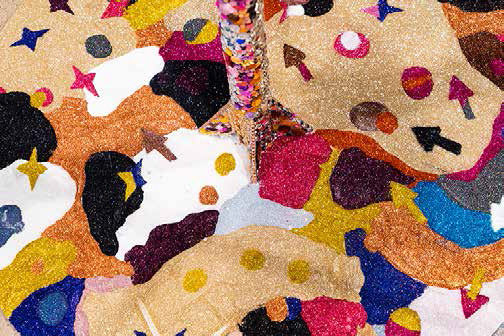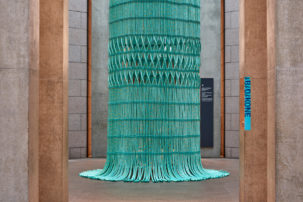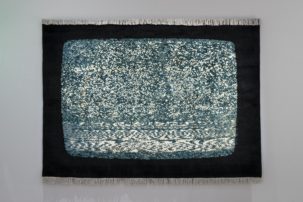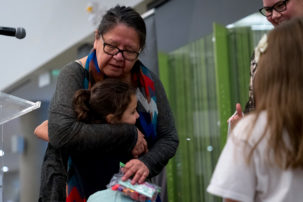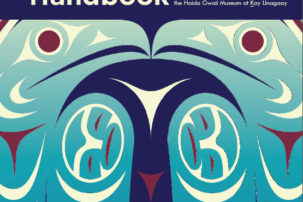Since the late 1970s, survivors of the Shingwauk Indian Residential School in Sault Ste. Marie have been collecting, organizing and displaying materials—including photographs, correspondence and newspaper clippings—related to their experiences there. And through the decades, they have also been working on educating the public at the same time.
Now, the Shingwauk Residential Schools Centre (SRSC), which itself is located in a former residential school building, has won major international recognition.
Today, at a ceremony in Berlin, Elder Shirley Horn and SRSC digital archivist Jenna Lemay officially accepted the award for Best Cultural Organisation at the Leading Cultural Destination Awards, on behalf of the centre.
“Both my parents went to residential school,” SRSC director Elizabeth Edgar-Webkamigad told Canadian Art, “and doing this work, and leading the centre now…well, when we have acknowledgements like this, it’s really a validation and affirmation.”
“We are so happy that this affirmation is also for the grandmas and grandpas who have done decades and decades of work of telling the truth [about residential schools],” Edgar-Webkamigad says.
In addition to working directly with Elders, their families and other community members, the SRSC has an exhibition space and is growing its arts programming. They’ve hosted projects and research by artists including Adrian Stimson, Christi Belcourt, Leah Decter and Jaimie Isaac, among others.
“Our ‘Reclaiming Shingwauk Hall’ exhibition spaces opened in 2018 and 2019,” says SRSC researcher/curator Krista McCracken. “In 2021, the centrepiece gallery of our space will be open to the public and that space will be participatory, arts-driven and [will reflect] on the journey from colonization to decolonization on this land.”
“This summer we are also going to launch a virtual site tour that will allow anyone in the world to explore the history and legacy of Shingwauk,” McCracken says.
Shingwauk is also involved in other significant programs through Algoma University and other partners—including SHIFT, which offers professional development training to local, regional and national care workers and public service providers.
For instance, the centre has helped train many members of the Sault Ste. Marie police service, and Edgar-Webkamigad says she is watching to see whether that will help local authorities “ease and maintain a de-escalated situation at the border” on Sault Ste. Marie’s International Bridge during Wet’suwet’en solidarity protests in the region.
“We are really hoping that our centre provides an opportunity that builds and bridges understanding between our people and non-Indigenous people,” Edgar-Webkamigad says.
The fact that the centre is located in a former residential school building is itself powerful.
“Reclaiming the space, honouring the history of the story behind the space and doing it in a trustful, truthful way with the help of our survivor community who can walk around speaking to the really significant spaces that left a mark on their whole life—that’s something I don’t think many [visitors] have been able to experience,” says Edgar-Webkamigad.
“We are really honoured that this acknowledgement has been given, and that two of our people were able to go, to receive that honour in person.”

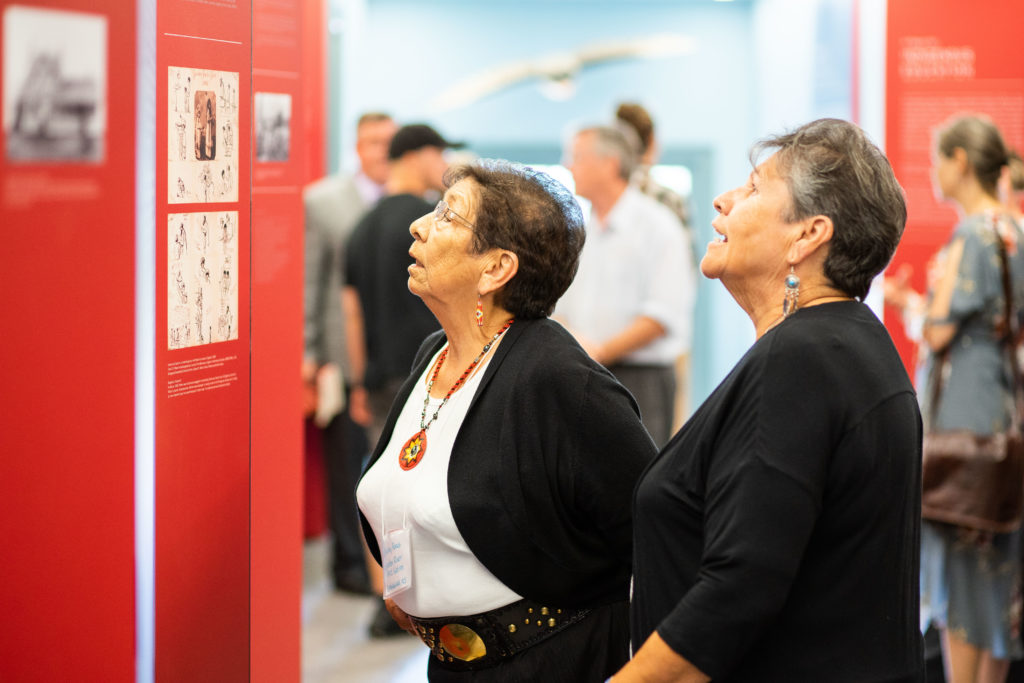 Visitors take in an exhibition at the Shingwauk Residential Schools Centre. Photo: SRSC.
Visitors take in an exhibition at the Shingwauk Residential Schools Centre. Photo: SRSC.
